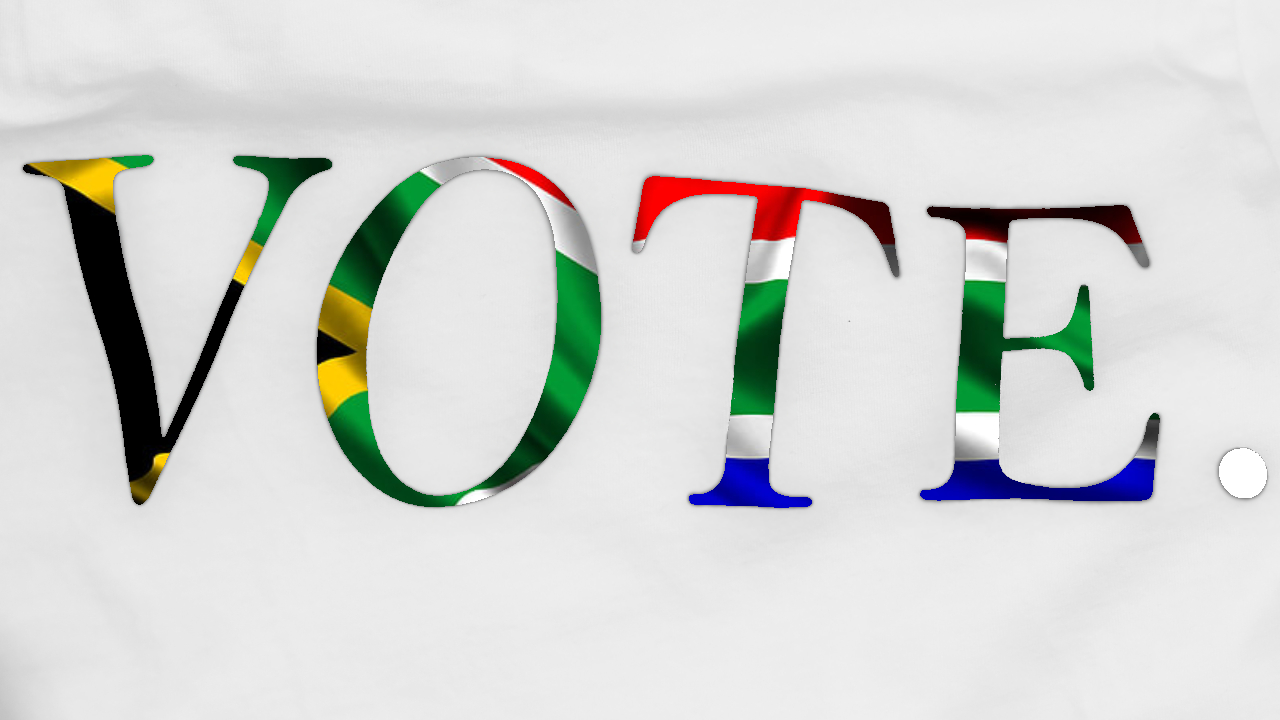Electronic voting during elections has been around since the 1980s, but now in 2024, and with elections just around the corner in South Africa, why can’t South African citizens simply vote from the comfort of their homes via smartphone or computer?
I mean, the Independent Electoral Commission (IEC) introduced online registering for voting last year, and the system has been a success in getting more people to register to vote. So much so that it aided 2024 in seeing the most registered voters in the country’s history, even beating out registerees in 1994.
The IEC supports voting from home for those South Africans who cannot travel to voting stations, and it does this by bringing officials to their homes. In 2024, South Africans abroad can also vote during national elections, but they must travel to accredited IEC centres in the country they are in to cast a vote.
But with more South Africans than ever before having access to mobile technology and internet access – over 90 percent of South Africans owning a smartphone per ICASA – why isn’t more being done to allow people to send in their votes via digital channels and avoid the morning queues and the lengthy vote counting process altogether?
Which countries allow digital voting
The only country in the world that allows this type of online voting is Estonia. The tiny Baltic state with only 1.4 million people became the online voting pioneer in 2005, and allows all citizens to vote digitally for national parliament. And Estonians are increasingly voting online in every subsequent election, with nearly 50 percent of valid votes cast digitally in 2019.
Other countries allow digital voting, voting via a webpage, but only for citizens who are abroad. This includes France, Panama, and Pakistan among others, while countries like Australia are recently allowing only certain individuals, like people living with disabilities, to vote digitally during national elections.
There have been examples of the technology failing in the past, such as in elections in New South Wales in 2021, when a technical glitch of the online voting system “iVote” was found to have caused a significant impact in the final elections result that year. The system was soon scrapped.
It’s 2024, surely we have the right tech for digital elections?
Getting the tech right is difficult, but proper systems do exist, and what’s more, they can be done by local companies.
Cape Town-based biometric firm iiDENTIFii told Hypertext last year that if the government wanted, it could use iiDENTIFii’s technology to ensure that online voting could be free from fraud and far more transparent than walking and standing at your nearest polls.
The company scans the facial features, fingerprints and other important private details and turns them into biometric protection systems for local banks, insurance firms and even mining companies. Its founder, Gur Geva, told me that if this same process was applied to elections, South Africans could register in a “100 percent fraud-proof” way, and even vote online via their smartphones.
This system would also reduce voter intimidation at the polls, as well as the chance of people erasing their thumb-mark and voting twice or three times, and other IEC protections.
“The most important thing for biometrics is that it keeps ‘one citizen, one vote’,” he said.
“It increases the transparency of the voting process, it removes voter intimidation – a lot of people don’t want to leave their homes to vote because they’re worried about others observing them at the voting polls – but if you can vote from your home, from the comfort of your own device, you will get a much lower level of intimidation.”
He added that “There are unusual behaviours that are driven by having to travel, having to wait in queues, possible manipulation of the ballots – there are a lot of ways to manipulate the one citizen, one vote.”
How hypothetical digital voting would work in South Africa
Geva believes the “4D selfies” that his company allow people to take for near-perfect facial feature capture can allow online voting in South Africa one day.
“In advance of election day, you would register from your mobile device, and you would do a 4D selfie – that will confirm that you are three-dimensional, with the fourth dimension being the time when the selfie was taken,” he said.
“The 4D selfie is matched against an identity document and or a government database. And then we confirm that you are who you say you are, and now you have a valid enrollment to vote. At that point you can prevent duplication.” Geva adds that this whole process can take up to 30 seconds, and it can even be zero-rated so the usage would not cost a person any mobile data.
“On the voting day itself,” Geva continued, “You verify your face to the original enrollment, you do the same liveness, the 4D selfie, it confirms you are the person that enrolled.”
It’s not so simple
But there are walls in place. For example, it would take years for the government to launch an education campaign to ensure that all eligible voters understand how the digital system and biometrics capture work. And there is also the symbolism of it all.
Voting with your phone on your couch is much less romantic than the tales of standing in queues come election day for what you believe in. Come rain. Come shine. But Geva believes that one day we could see something similar in South Africa, but only as long as it is easy for the voters to use.
“As long as it’s simple for the voter,” he said. “But it takes a lot of hard work to make something complex simple.” Maybe not in the 2024 elections, but come 2029? Who knows.

